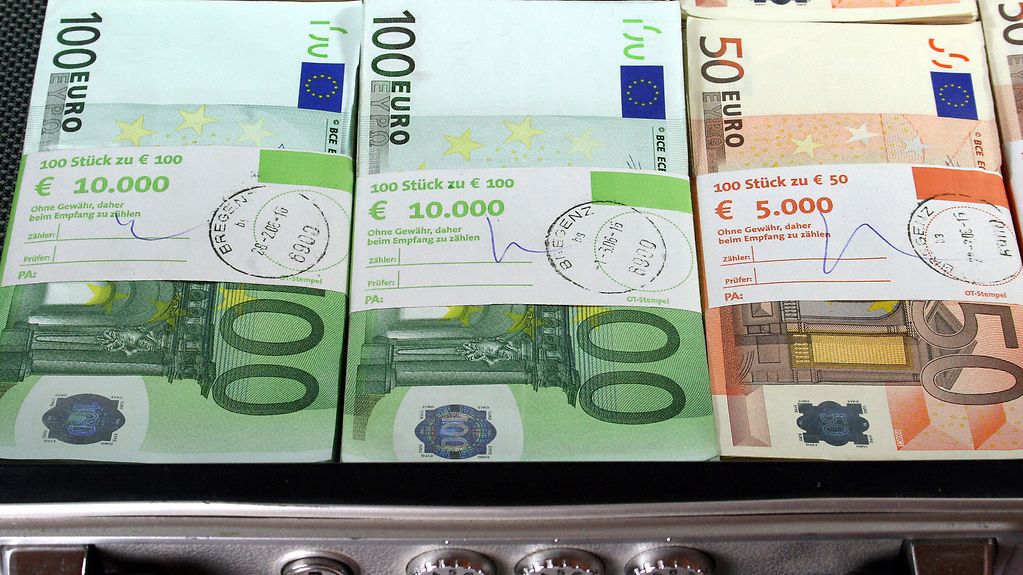Common EU standards
The Federal Cabinet has adopted new anti-money laundering and counter terrorism financing measures. Among other things, the new draft bill provides public access to the Transparency Register and gives additional powers to Germany’s Financial Intelligence Unit (FIU).
2 min reading time

The Federal Government is stepping up the fight against money laundering
Photo: picture alliance
Fighting money laundering and the financing of terrorism is a key objective of the Federal Government’s financial market policy. It is part of its governmental task of protecting citizens and businesses against crime and terrorism. Common standards at European Union level are a good and efficient means of combating money laundering and the financing of terrorism.
On Wednesday the Federal Cabinet adopted a draft law to implement the EU’s Directive amending the 4th Anti-Money Laundering Directive, thereby transposing the amending Directive into domestic law.
Protection against crime and terrorism
The new Directive boosts anti-money laundering and counter terrorism financing efforts. At the same time it gives the Financial Intelligence Unit (FIU) additional powers.
Key new regulations include the following:
- Providers of financial services relating to certain cryptocurrencies and crypto custody services, financial services now subject to approval, are now classed as “obliged entities”.
- In the non-financial sector, estate agents acting as letting agents, art galleries, art auction houses and art warehouse keepers are now also classed as “obliged entities”.
- Public auctions at which cash payments of more than 10,000 euros are made will be subject to certain obligations under anti-money legislation, especially auctions of real property by court order.
- The Transparency Register, which was set up in 2017, will be made publicly available. Proof of a legitimate interest need no longer be provided.
- Following a police data match, the Financial Intelligence Unit (FIU) will also be notified of any hits including protected files and will be given access to the public prosecution office’s central register of criminal proceedings.
- Given the current number of suspected cases of money laundering and heightened money laundering risks in the real estate sector, the duty to report suspicious real estate transactions which certain independent professionals are under has now been been put in more concrete terms.